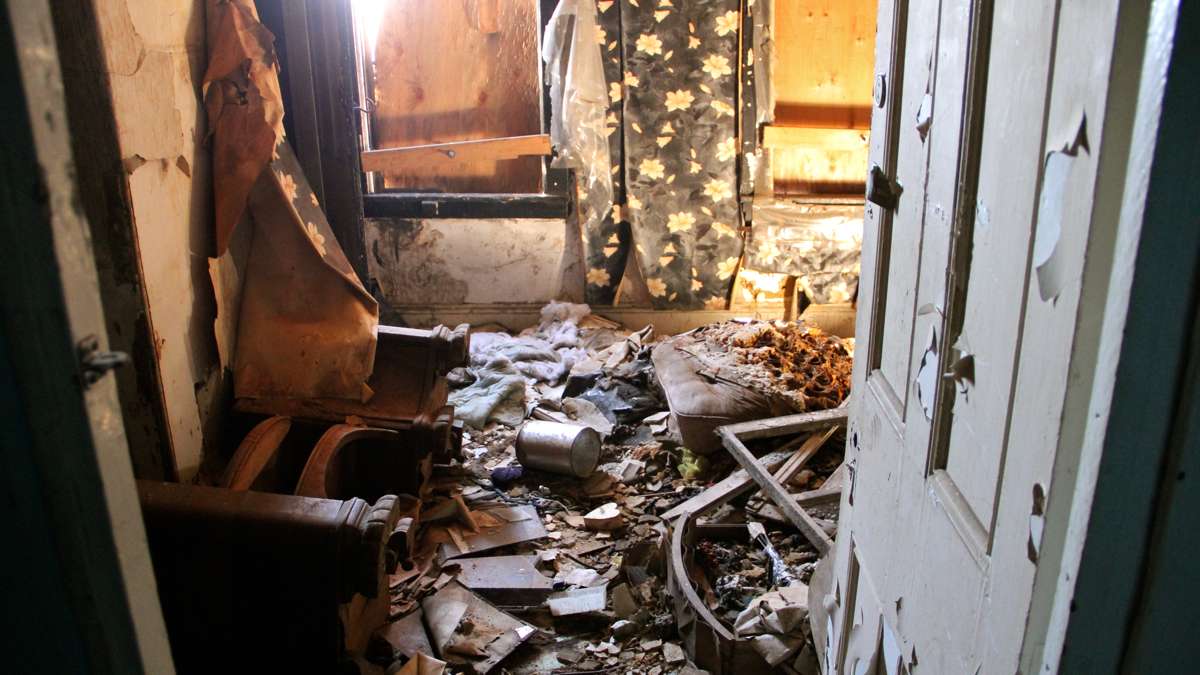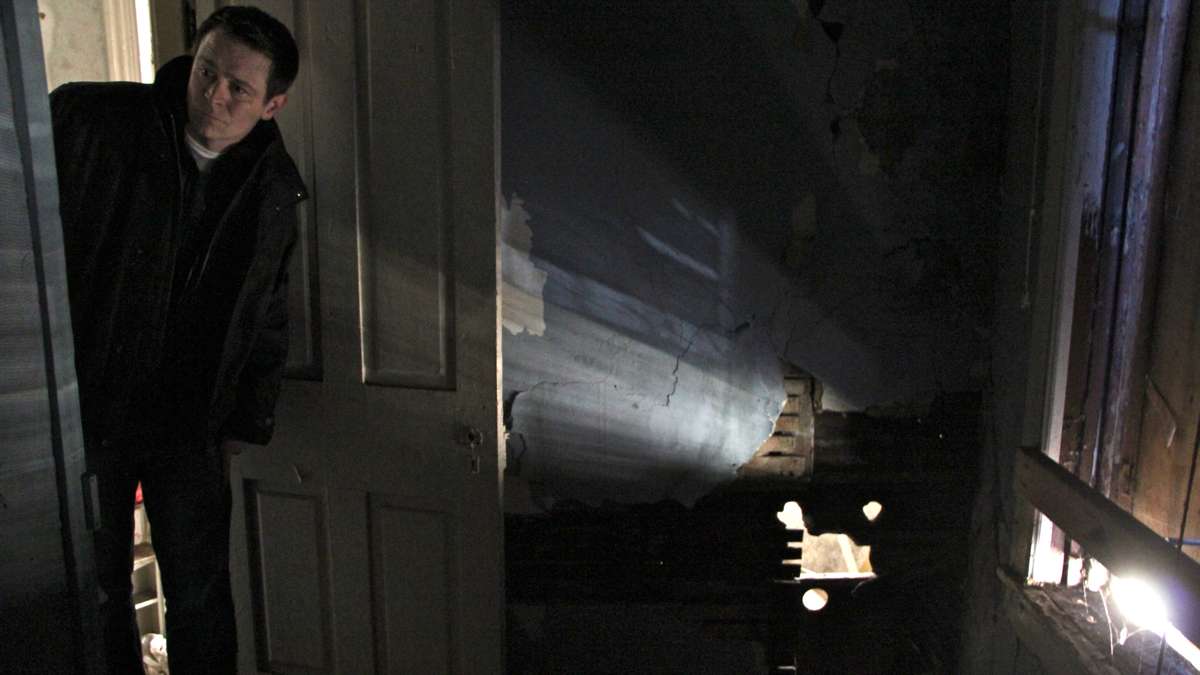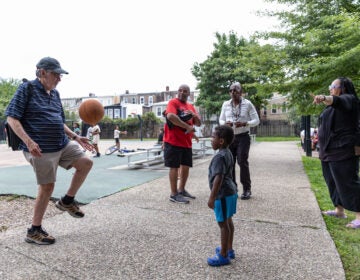Camden house where MLK once stayed may someday be home to part of the dream
ListenFrom time to time, while visiting her father-in-law, the newlywed and the young seminary student would chat in passing.
The encounters were brief, but courteous.
“Hi.”
“How are you?”
That kind of thing.
Had Jeanette Lilly Hunt known what Martin Luther King Jr. would become, she might have said a little more.
“It’s just fascinating to know that he was in our house and I walked right past him in the same hallway or out front,” said Hunt.
Now, more than 60 years later, Hunt is, in her own way, continuing the conversation, giving her blessing to a man on a mission to restore and shine a light on the little-known Camden row house where King lived during his days at the now-closed Crozer Theological Seminary, in nearby Upland, Pa., in the late 1940s, early 1950s.
Patrick Duff of Moorestown, N.J. is leading the charge to transform the Walnut Street property into a headquarters for civil rights information and activism.
He learned about the house — and Hunt — after reading about a racially-charged encounter King had at a roadside tavern in nearby Maple Shade.
Along an unremarkable stretch of Route 73, sits a grassy bump of land once home to that bar, Mary’s Place.
On a June night in 1950, King and three friends stopped in for a drink, but were refused service and threatened.
“The bartender said to [King] ‘it’s best you leave’ basically, and when they refused to leave, he pulled out a gun and told him he’s ‘killed for less’ and proceeded to fire the gun in the air,” said Duff.
The experience changed King and, some say, pushed him into the civil rights movement.
It also gave Duff a critical and startling piece of information: King’s home address at the time.
The house — 753 Walnut St. in Camden — was listed on a criminal complaint he later filed against the bartender.
“I had goose bumps that went everywhere,” Duff said of the moment he found the document.
He had to know more.
Tax records led Duff to Hunt’s father-in-law and, eventually, her home on Pine Street.
The Walnut Street property had remained in the family all these years.
“I knocked on her door and asked her a simple question: ‘Did you know Martin Luther King?’ and she said ‘Absolutely. He lived in my house,'” said Duff.
He was delighted.
“To know the history that Martin Luther King actually lived here, studied here, and one of the greatest civil rights leaders in the world was formulated partially in this house, it bears the credence that if it’s not important, what is?” said Duff.
While the complaint and Hunt’s memory are strong evidence for Duff’s case, he wants more before he reaches out to the New Jersey Historical Society and advocates for state and federal dollars.
The house needs a lot of work.
Parts of the ceilings are shredded. The stairs and the floors aren’t exactly rock solid.
And like nearly every inch of the property, the small back bedroom where King slept is covered in debris.
Until the house is assessed, Duff said it’s hard to say exactly how much money it would take to renovate. He figures in the “hundreds of thousands” of dollars.
Duff’s also not sure how the project will come together, but he’s hopeful it will.
“When you try to do good things, good people are going to come out and try to help, especially if you’re doing it for the right reasons,” said Duff.
It would all put a big smile on Hunt’s face. And, she thinks, Camden’s.
“The city has gone down so bad,” she said. “We need something to start coming in here.”
WHYY is your source for fact-based, in-depth journalism and information. As a nonprofit organization, we rely on financial support from readers like you. Please give today.















